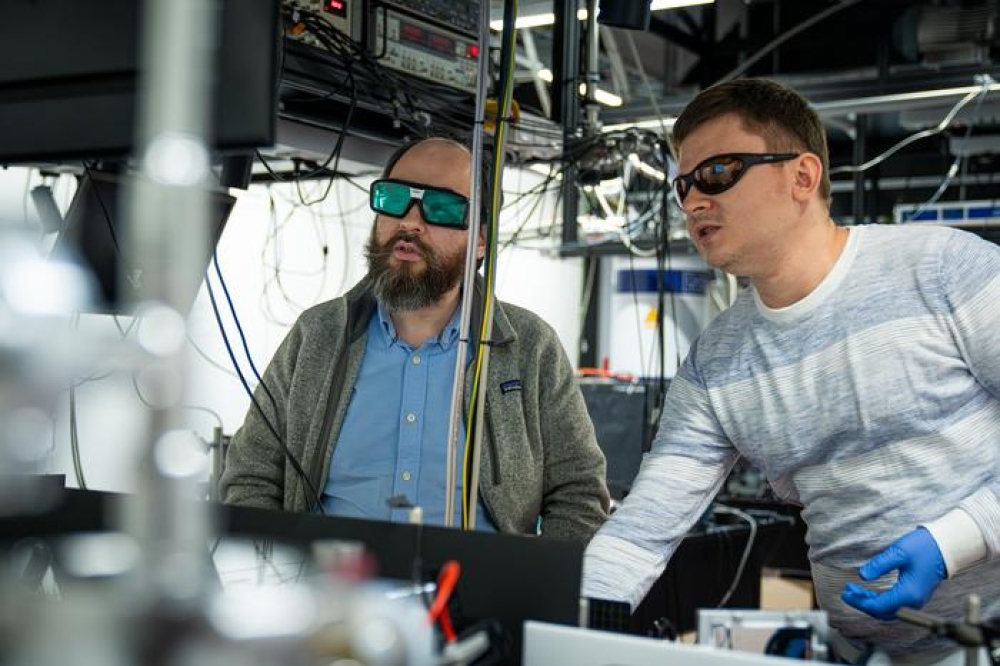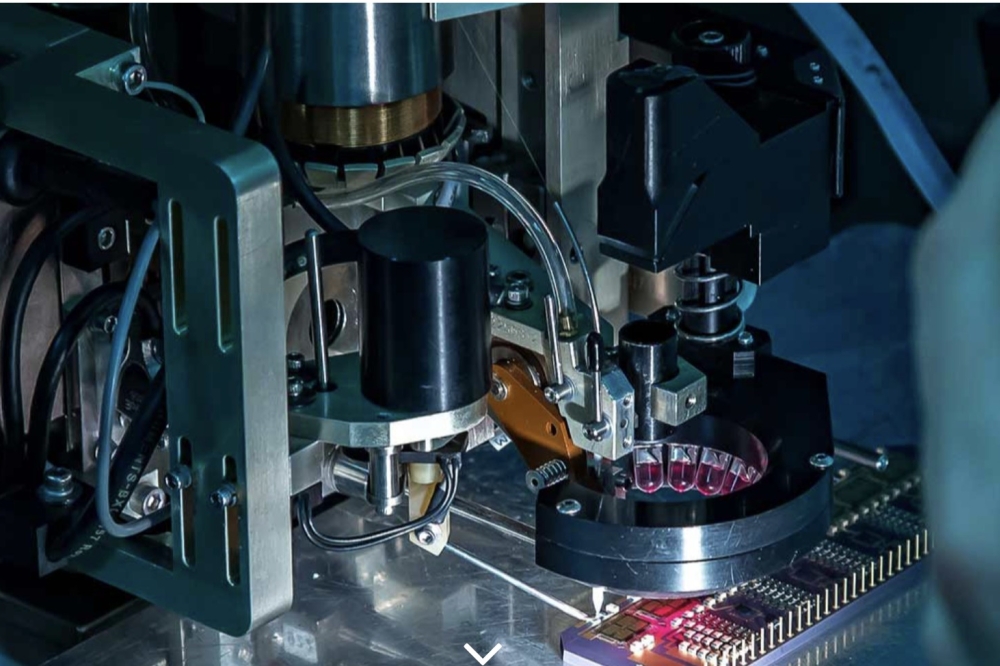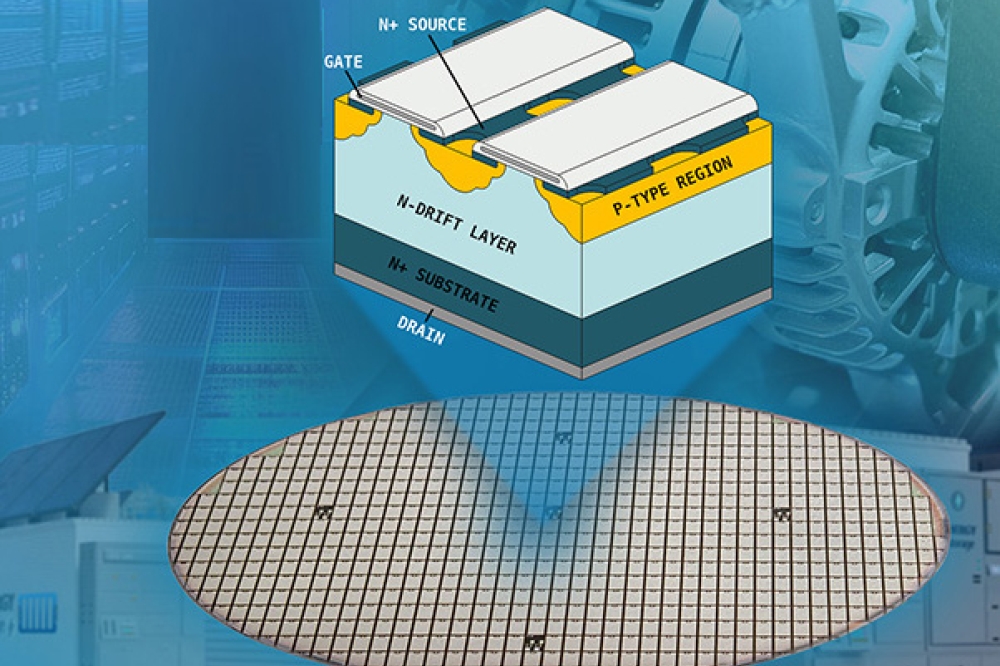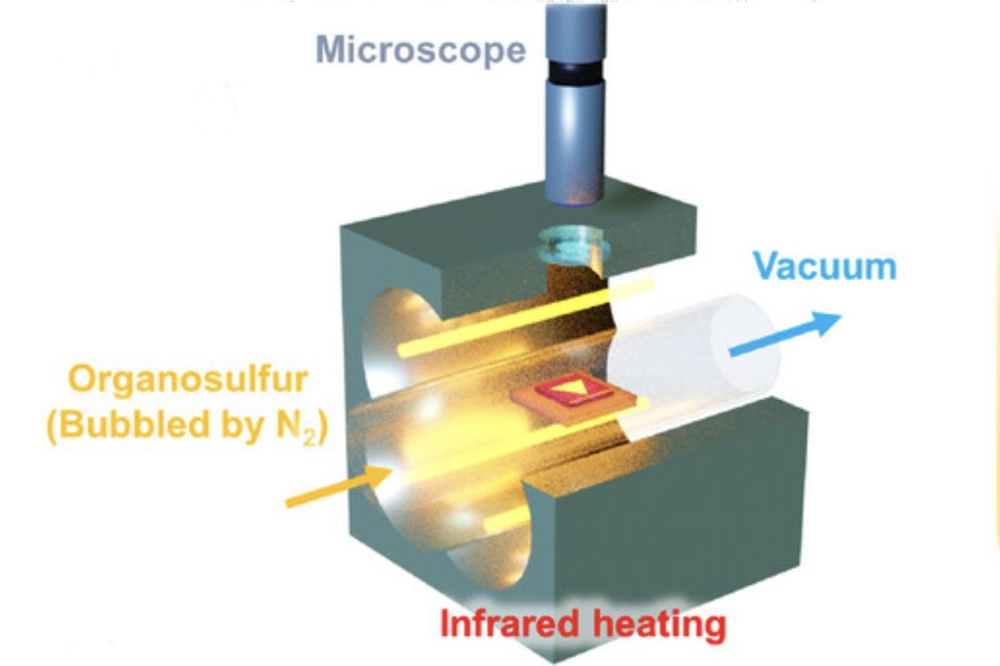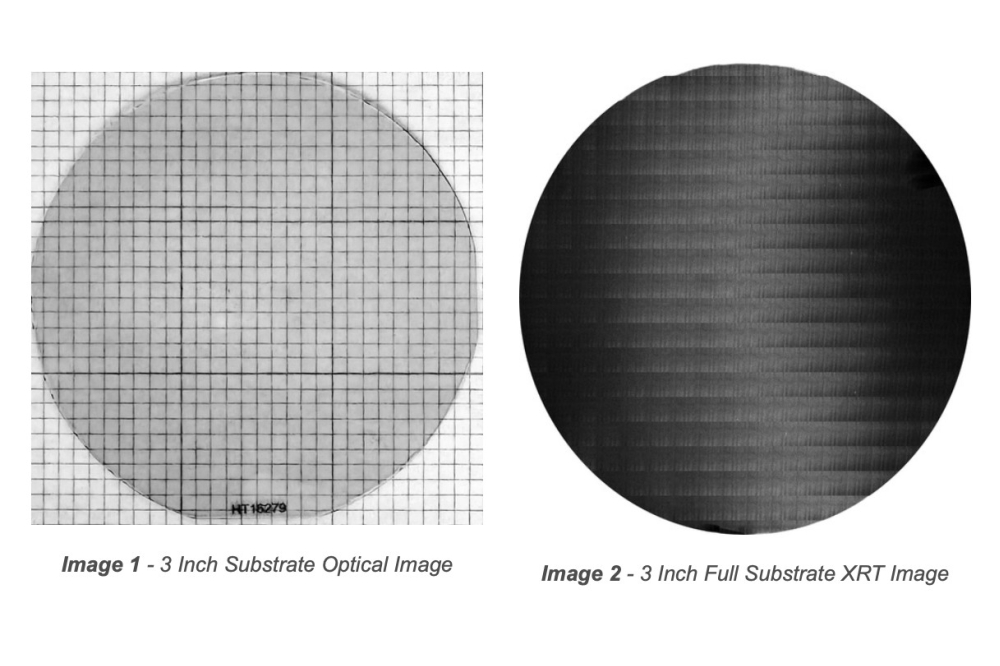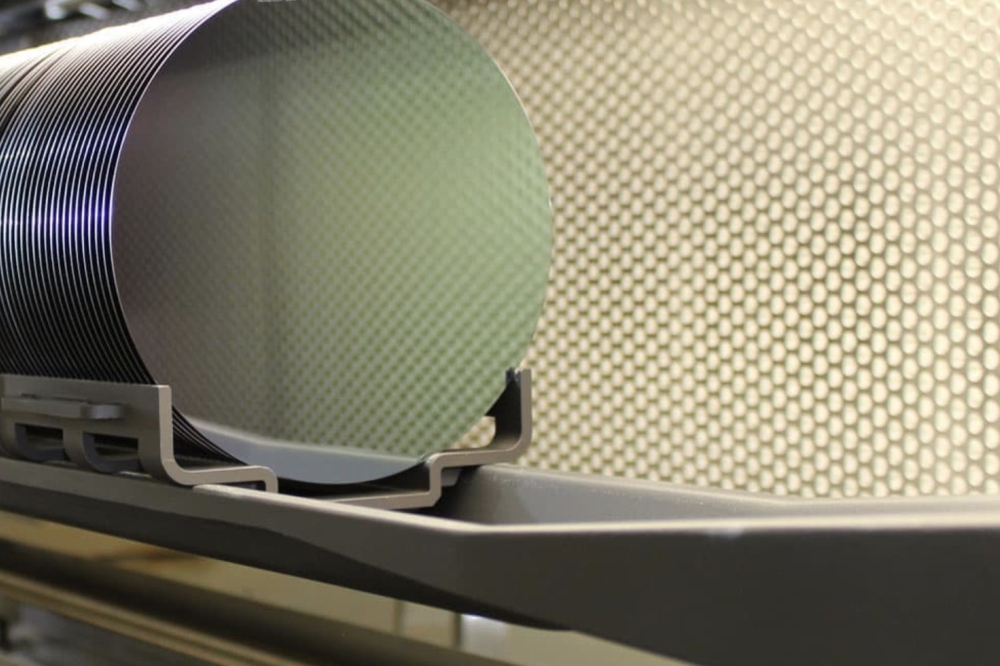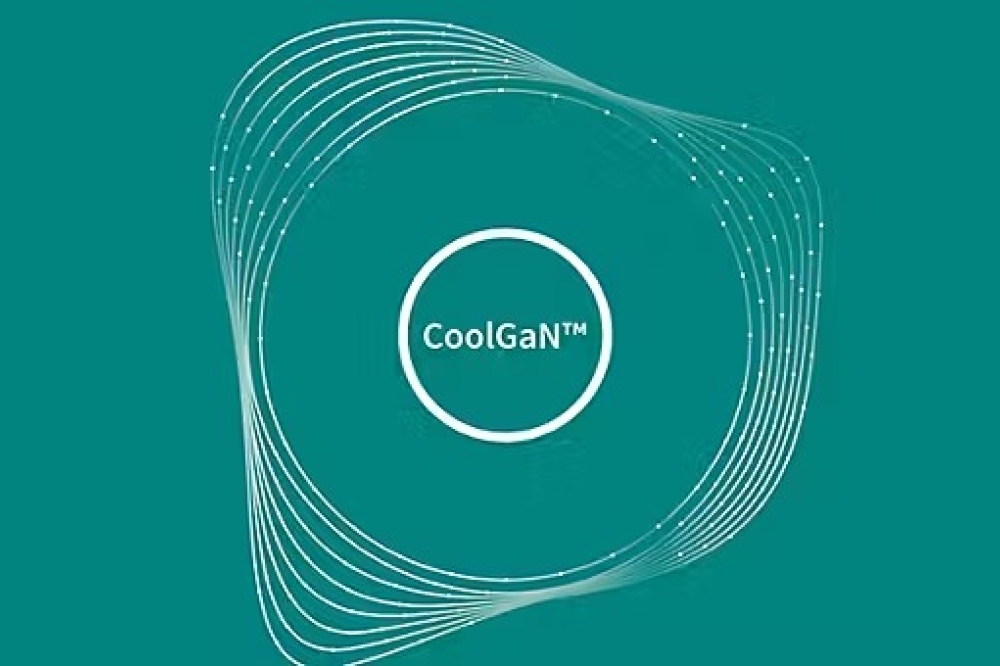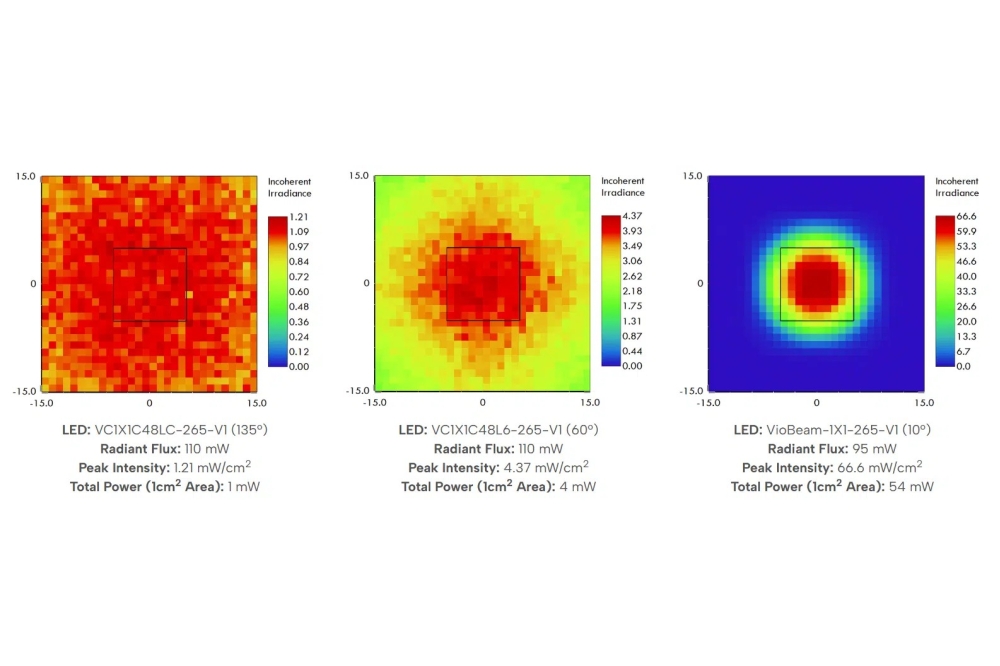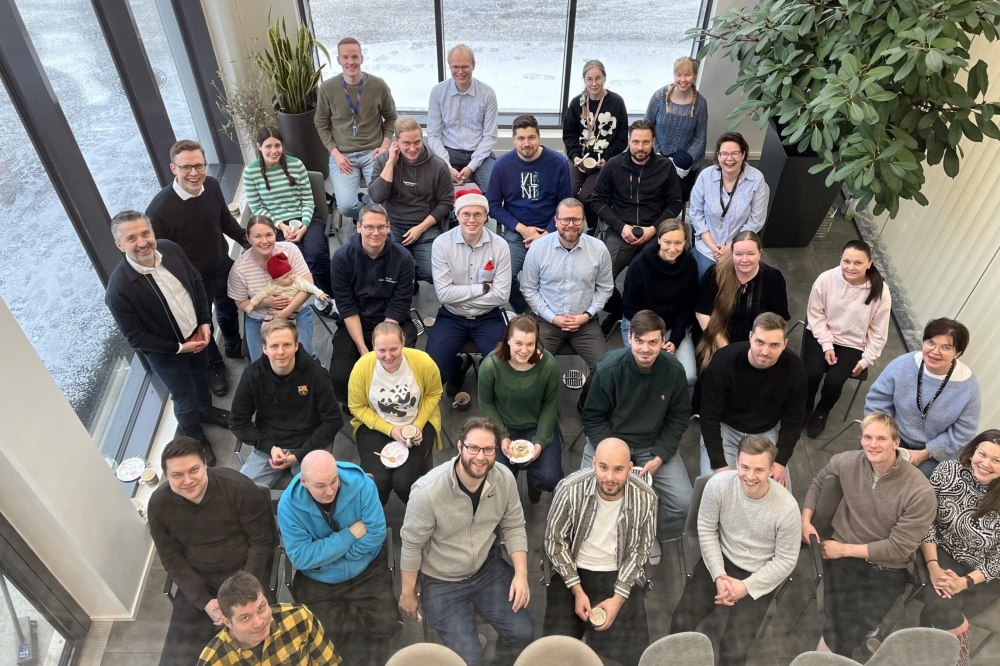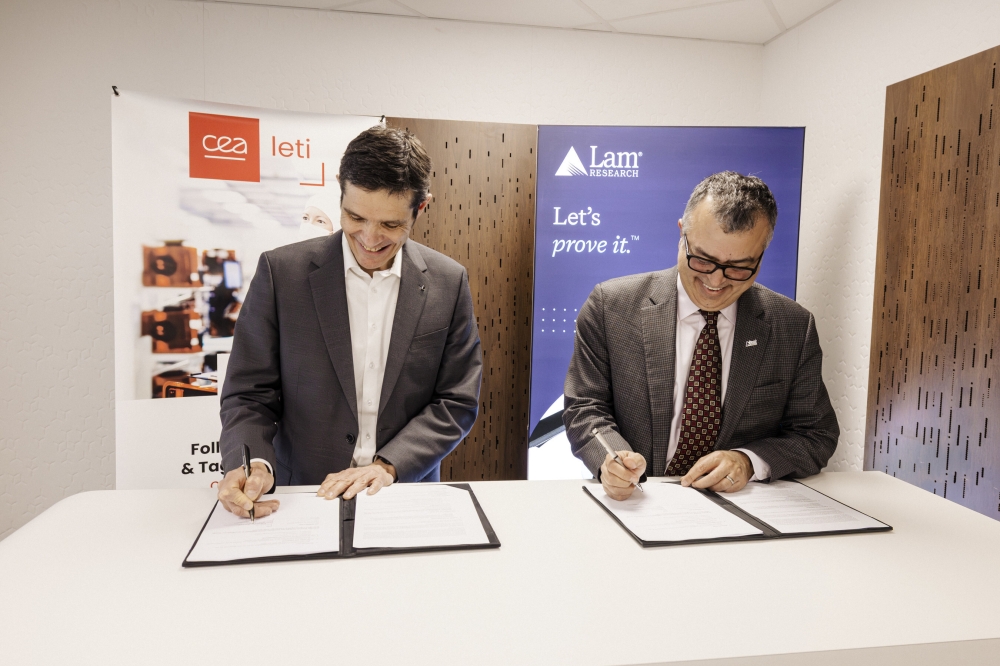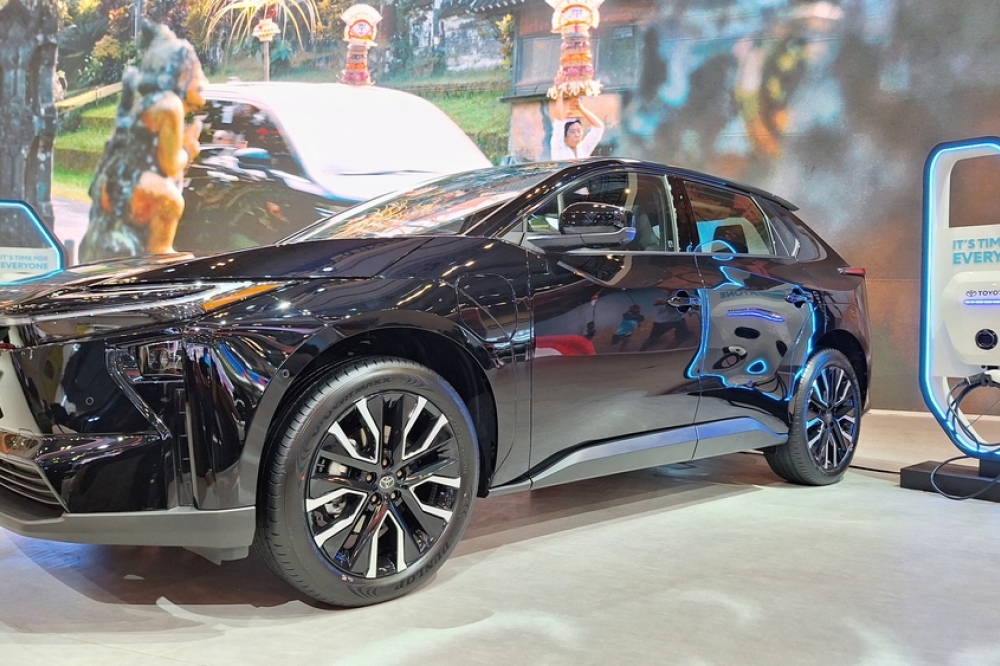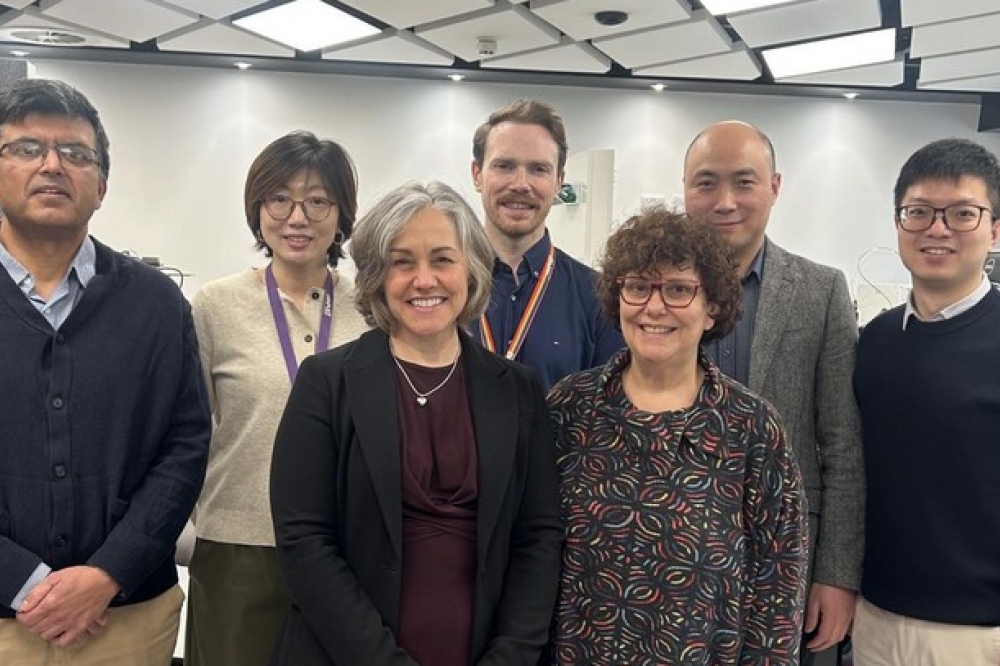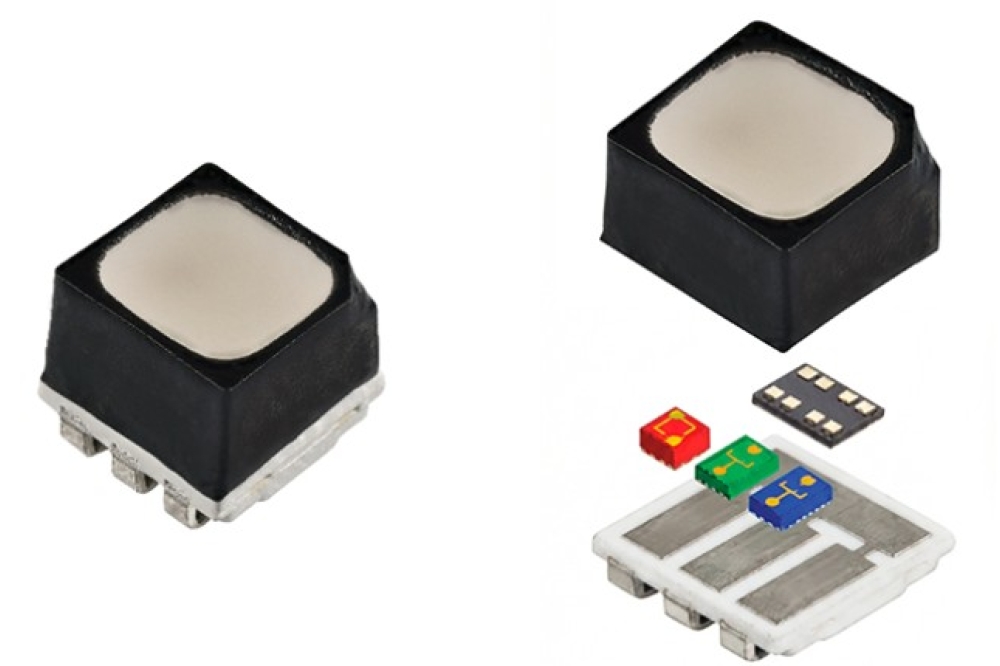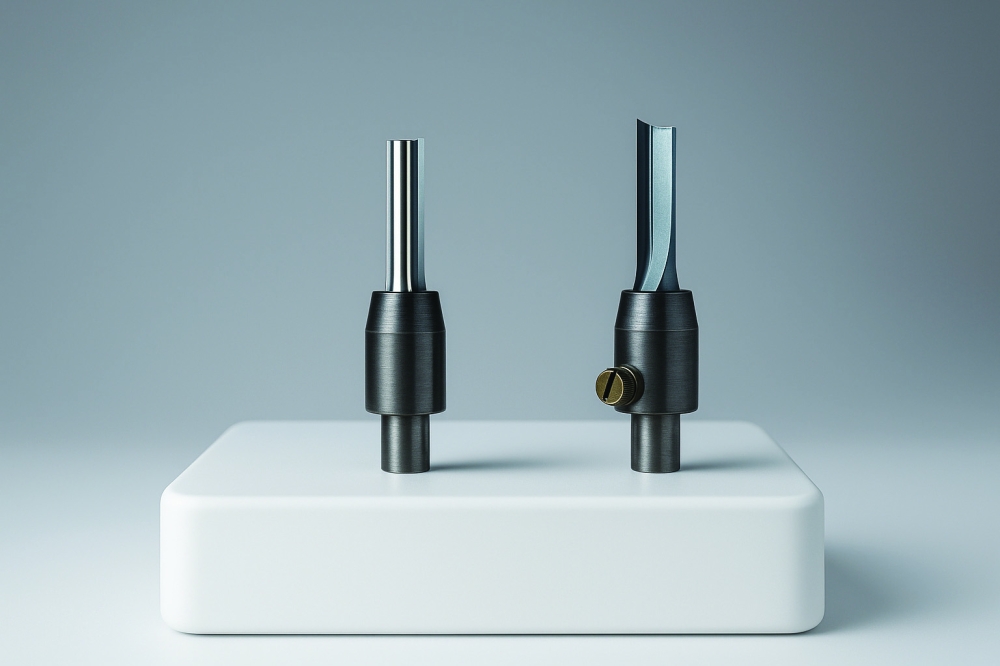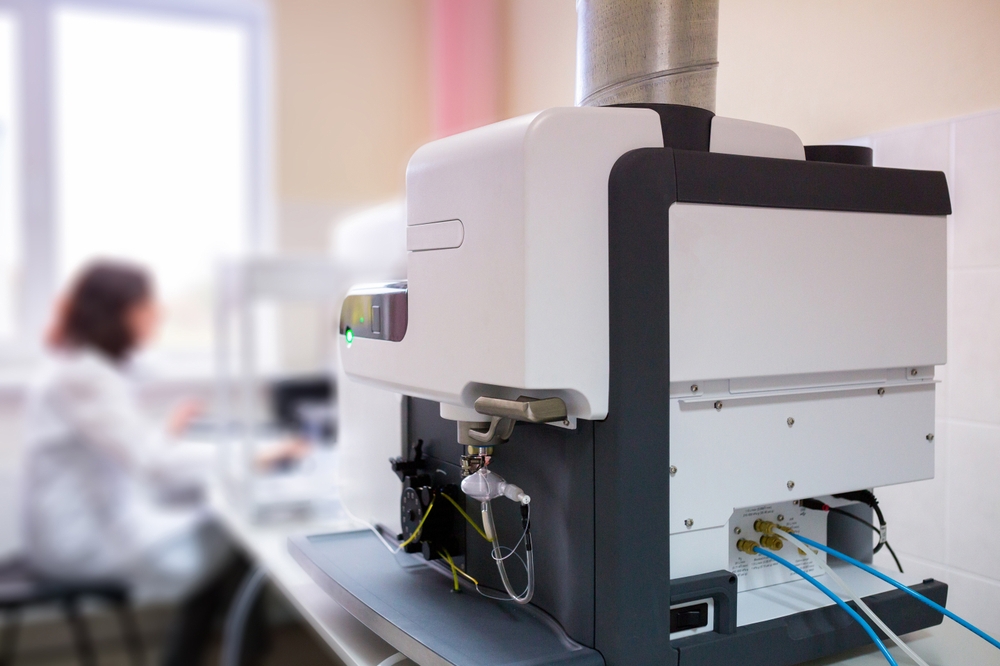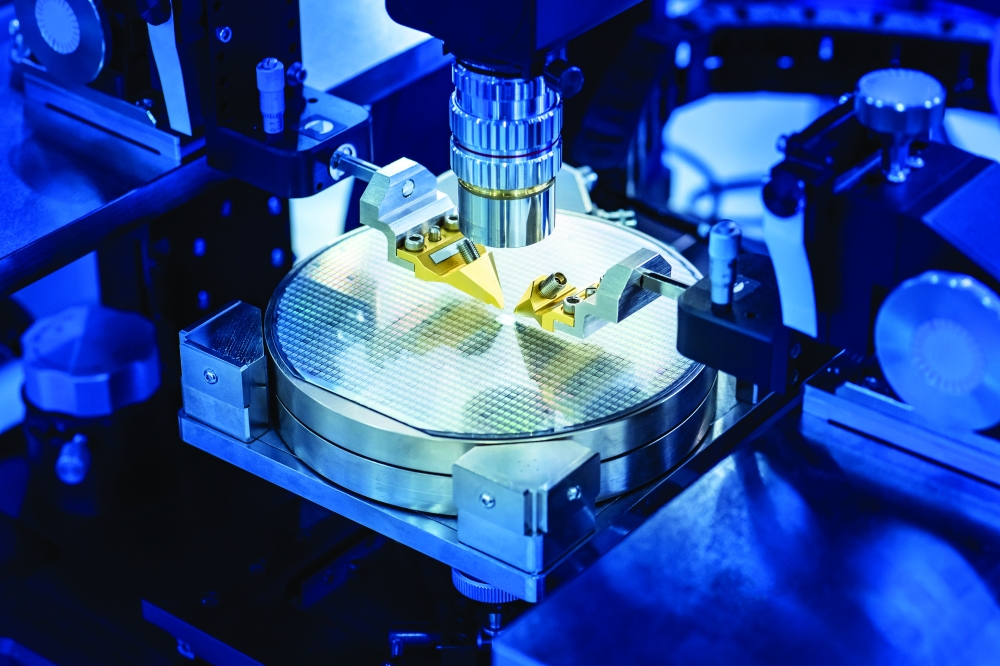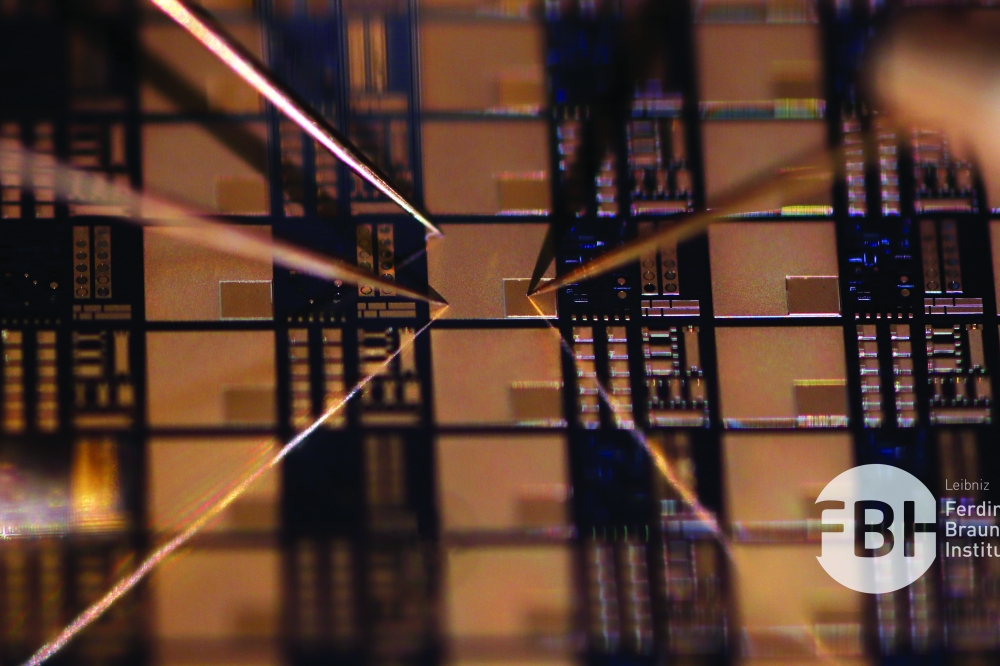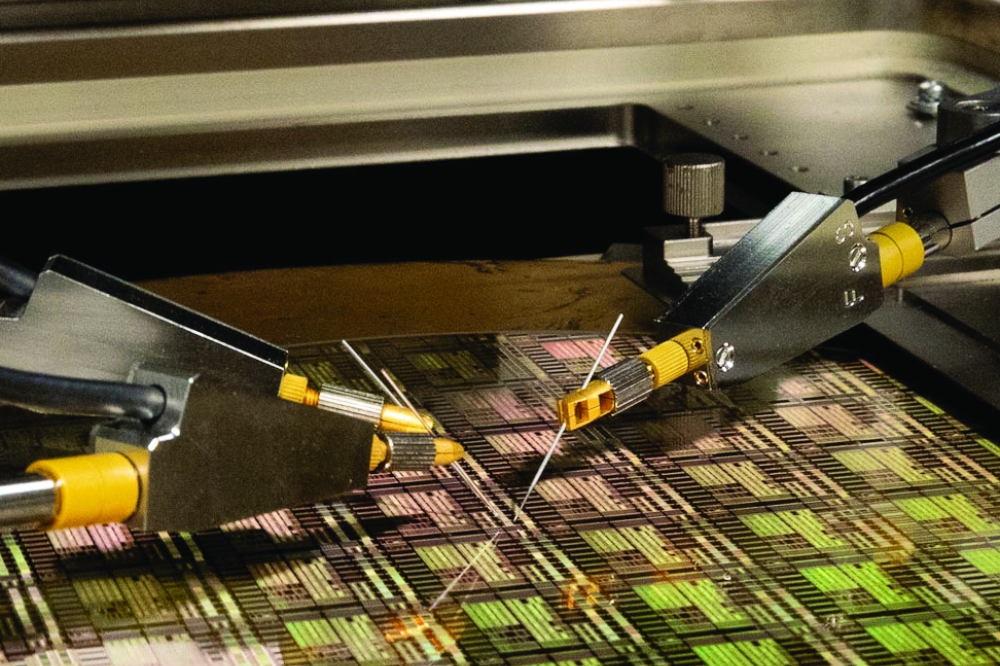Aixtron opens innovation centre

Mona Neubaur, Minister for Economic Affairs of the State of North Rhine-Westphalia, Germany, has opened Aixtron's new Innovation Centre at the company's headquarters in Herzogenrath.
The high-tech building is designed for the next big step in compound semiconductor technology: the transition to 300 mm wafers for GaN and other compound semiconductor applications.
The larger wafer size offers customers the productivity gain of 2.25 times more wafer area compared to the currently used 200 mm wafers. Furthermore, customers can use their 300 mm fabs and processing equipment for the first time for compound semiconductors. This will make the production of GaN semiconductor devices not only more cost-effective, but offers opportunities to technology performance gains in the future.
“With the new 300mm-capable cleanroom at the Innovation Centre, we will further expand our technological market leadership,” said Aixtron CEO Felix Grawert. "We already have the first 300mm GaN prototype systems, which have also been integrated into pilot lines at several customers. And this is precisely where Aixtron's innovative strength and DNA come into play.”
“With 300mm wafer technology, we are bringing compound semiconductors for the first time into the mainstream of the semiconductor fabrication. The Innovation Center is a major element of our strategy, providing space and capabilities for next generation technologies. The step towards 300 mm in Compound Semiconductors is a landmark milestone, that is set to trigger numerous growth options for the industry in the years to come.” explains Michael Heuken, VP. of Advanced Technologies at Aixtron.
Neubaur said: “Aixtron's new innovation centre is an impressive example of the innovative strength and future viability of the semiconductor industry in North Rhine-Westphalia. The launch of 300 mm wafer technology is a milestone for the energy efficiency and competitiveness of our region. Our global competitiveness benefits enormously from robust domestic semiconductor production, because semiconductors are essential for the transformation towards climate neutrality: without them, no computer would run, no car would drive, and neither wind nor solar plants could produce energy.”

